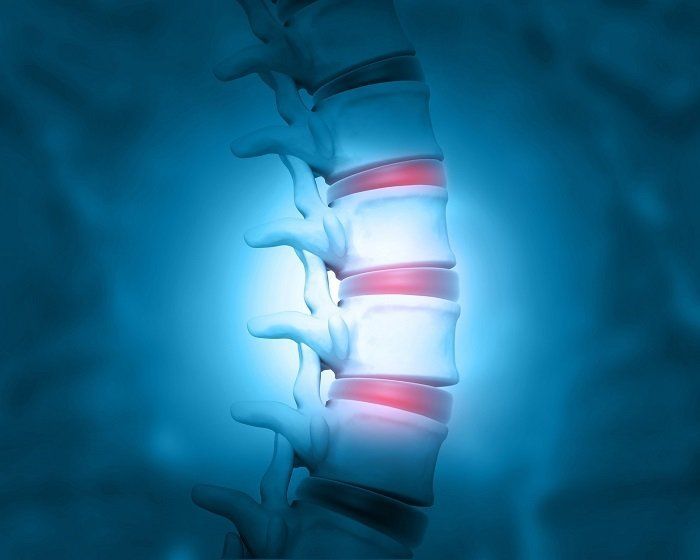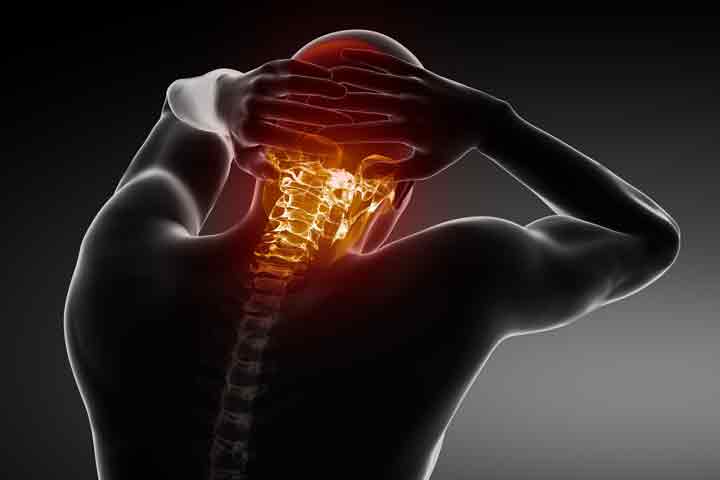What You Need to Know About Migraines
Why do you get migraines and what causes them? If you're a migraine sufferer, take a look at what you need to know about the causes and treatments of this type of chronic head pain.
How Common Are Migraines?
According to the Migraine Research Foundation, migraines impact 39 million Americans and one billion people around the world. This makes migraines the third most common illness globally. While six percent of men experience migraines, this chronic pain affects 18 percent of U.S. women. Even children suffer from this pain.
Over four million adults have at least 15 migraine days each month. These sometimes daily headaches can cause debilitating pain that leads to depression, anxiety, or the inability to sleep.
What Are Migraines?
Migraines are more than just headaches. While migraine suffers do experience head pain, they may also have other symptoms. These include aura (visual disturbances), nausea, vomiting, sensitivity to light, or sensitivity to sound.
Along with these often-strong symptoms, migraine sufferers typically experience several (five or more) headaches that may last between 4 and 72 hours, according to the National Institute of Neurological Disorders and Stroke. The symptoms, frequency, and length of migraines differentiates these chronic pains from other types of headaches.
What Causes Migraines?
This question isn't easy to answer. There is no universal or single factor that contributes to migraines. But doctors and scientists have found several possible causes. Family history (genetics) and age may play a role in migraine development.
Again, women are more likely to experience migraines than men. This is in part due to the changes in hormones such as estrogen. Hormonal triggers may include hormonal fluctuations due to a woman's regular menstrual cycle or pregnancy, or as she progresses through menopause.
Even though women are more likely to experience migraines, hormones aren't the only cause. Other migraine triggers (for both men and women) may include alcohol, caffeine, stress, strong sensory stimuli (such as odors or light), changes in the typical sleep pattern, some foods, or some food additives.
Can You Treat Migraines?
Migraines can leave you unable to work, care for children, attend school, or engage in other activities. But this chronic condition doesn't have to permanently change how you live your life. Treatments are available for migraine sufferers.
The type of treatment you choose depends on several factors. These include your general health, the type of migraine you have, your triggers, and the medical provider's guidance. A qualified pain or migraine specialist can help you to manage your migraines and get the symptoms under control.
Common treatment options include medications (over the counter or prescription), stress management, trigger avoidance, exercise, and other therapies. If you're not sure which option is right for you or what alternatives are available (if you prefer not to try a conventional medical/prescription treatment), talk to your healthcare provider.
What Else Can You Do to Stop Migraines?
The first step to success is prompt treatment. If you don't have a medical diagnosis or haven't talked to a provider, schedule an appointment. The sooner you start the treatment process, the better you'll feel. A qualified healthcare provider can evaluate your symptoms and help you to find relief.
Before your appointment, track your migraines and note possible triggers. Triggers may include your sleep patterns, foods/beverages, exercise, or stress/emotional issues. The medical provider will review your lifestyle and potential triggers to look for patterns. This can help them to create an effective treatment plan.
Do you suffer from constant or chronic migraines? Don't just deal with the pain on your own. Contact Specialists in Pain Management for more information on your treatment options.
Licensed | Bonded | Insured
DISCLAIMER: You will receive a call to remind you of your appointment. If you must cancel your appointment, we would appreciate at least 24 hours notice. No-shows may be charged a missed appointment fee of $25. Please bring your insurance card, a picture ID and your current medications to each visit.
CONTACT INFORMATION
Chattanooga Location
Address: 281 N. Lyerly St, Suite 200,
Chattanooga, TN 37404
Fax: 423-698-0511
Ooltewah Location
Address: 4957 Swinyar Drive, Suite 101,
Ooltewah, TN 37363
Fax: 423-362-7778
Phone: 423-698-0850
Cleveland Location
Address: 862 Callen Ln, NW Suite 110
Cleveland, TN 37312
Fax: 423-698-0511
Business Hours:
Chattanooga Location
- Mon - Fri
- -
- Sat - Sun
- Closed
Appointments Available
Ooltewah Location / Cleveland Location
- Mon - Thu
- -
- Fri - Sun
- Closed




CareCredit, Most Major Insurances Accepted
OUR LOCATION
Chattanooga Location
Ooltewah Location
Cleveland Location













